Over the past few months, conservative Christians have made a concerted effort to push religion in public schools, which has led to many legal cases popping up around the country.
This religious push has led to a further blurring of the church and state lines. Many critics of these Republicans have fought back against this attempt to raise one religion over others.
Louisiana’s New State Law
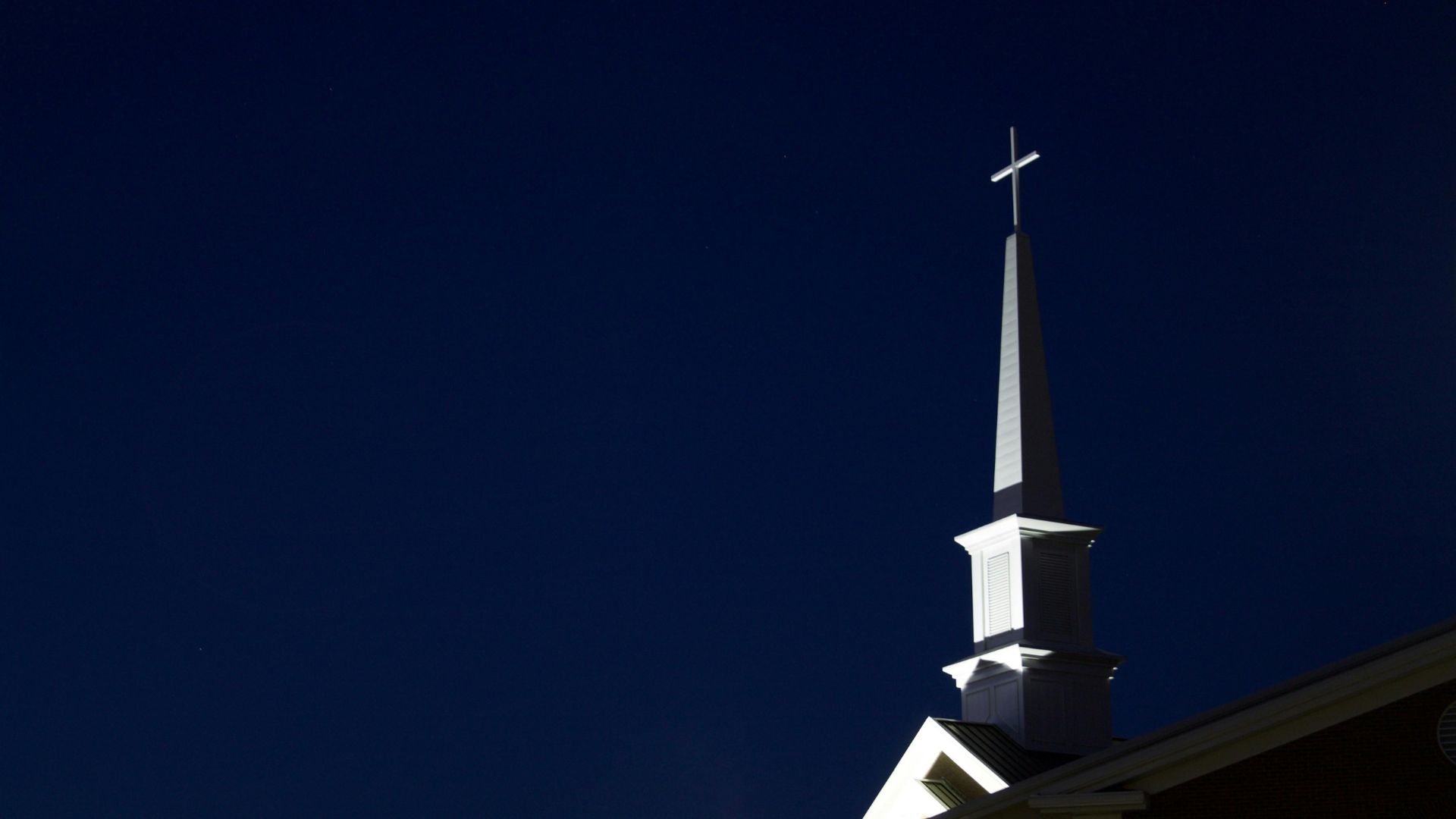
Louisiana was one of the first U.S. states to begin this new agenda to push Christian values above other religious values — and to add religion into public schools in a way that many believe goes against the First Amendment and the Constitution.
In June, the Louisiana governor signed into law a bill that makes it mandatory for all public school classrooms to have a poster of a specific version of the Ten Commandments.
Adding the Ten Commandments to Schools
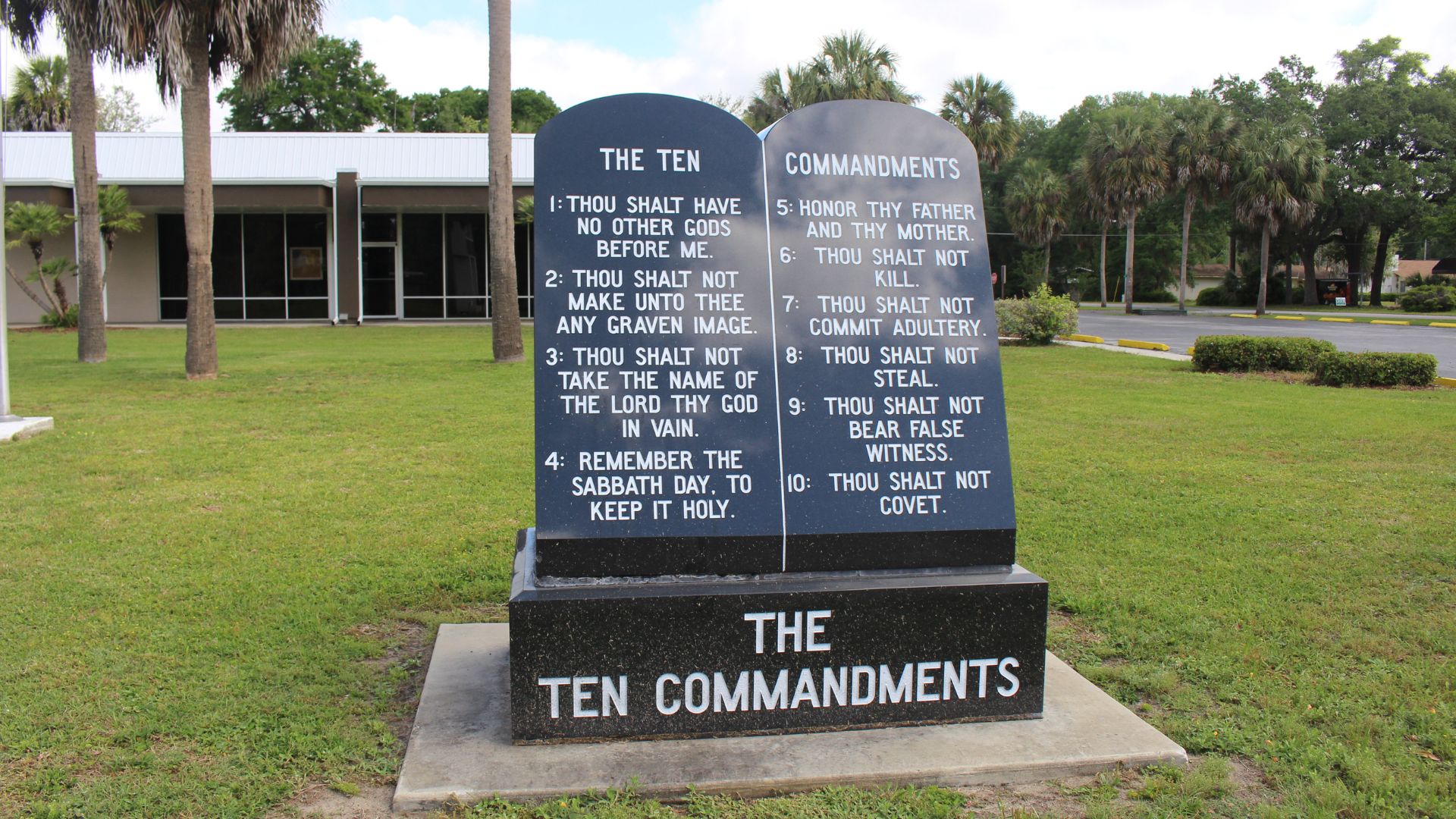
This law further states that the Ten Commandments must be poster-sized, and also must have easy to read and clear font.
Every single classroom in the public school system in the state must have these posters. This includes kindergarten classrooms, all the way up to university classrooms that are publicly funded state institutions.
Oklahoma’s New Curriculum

Meanwhile, soon after Louisiana passed this law, Oklahoma decided to force their public schools to add teachings from the Ten Commandments and the Bible into their curriculum.
Now, all schools have been ordered to teach lessons from the Bible, as supporters of this mandate have explained that the U.S. was founded on Christian ideals.
A Separation of the Church and State?
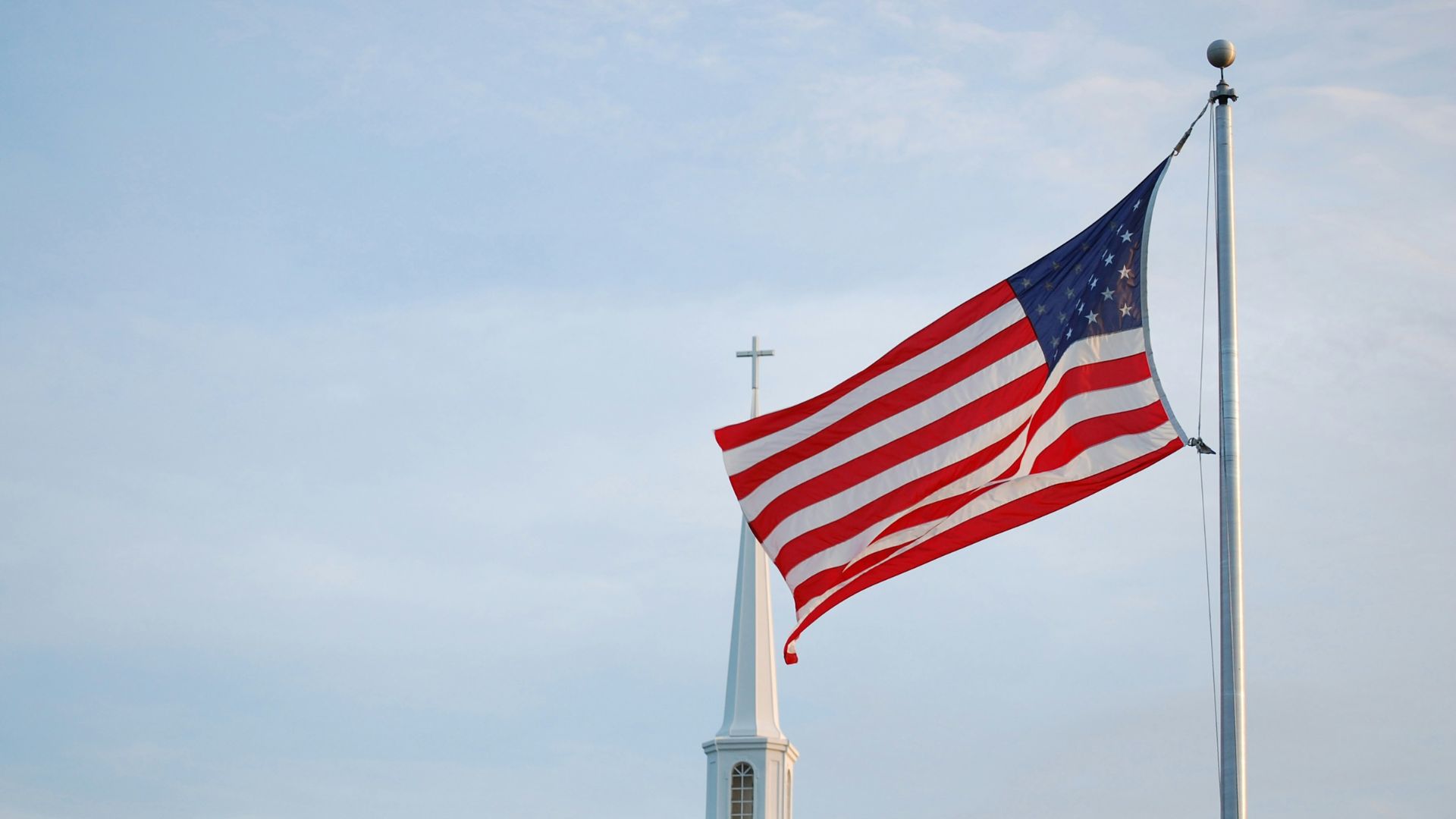
Many critics of these Louisiana and Oklahoma moves have come out to blast the conservative governments, as they’ve claimed that this further blurs the line between church and state.
Parents in both states don’t want to see their children being forced to learn from a specific translation of the Christian Bible, as this is forcing their children to revere one religion while they’re in public school.
Court Cases Pile Up
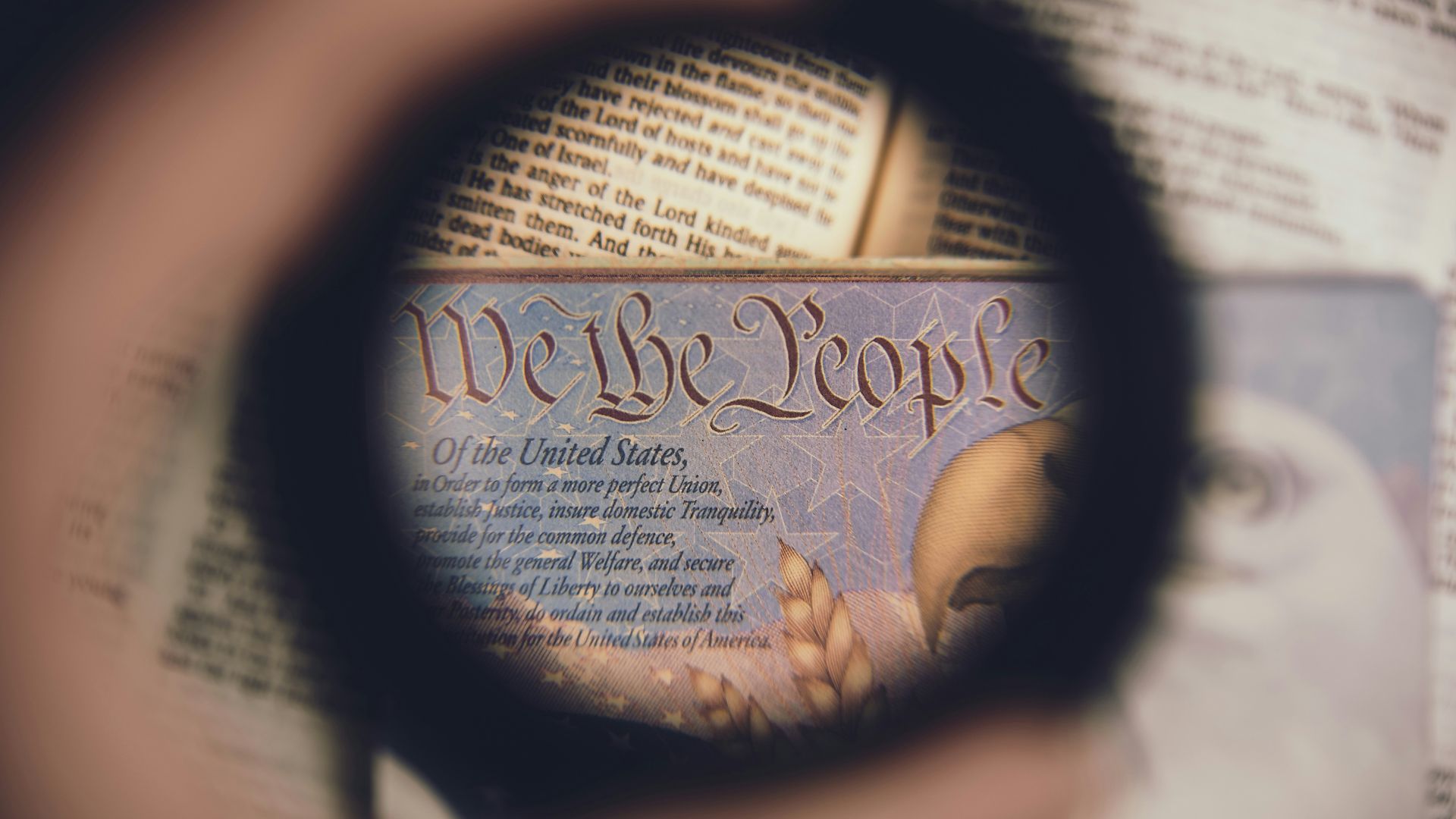
Unsurprisingly, organizations and parents have begun to take Oklahoma and Louisiana to court over these recent laws and mandates, citing the violation of their children’s constitutional rights.
If conservative-led states continue to enact legislation similar to what these two states have done, we may continue to see even more legal cases reach the highest courts in the country.
Oklahoma Supreme Court’s Recent Ruling
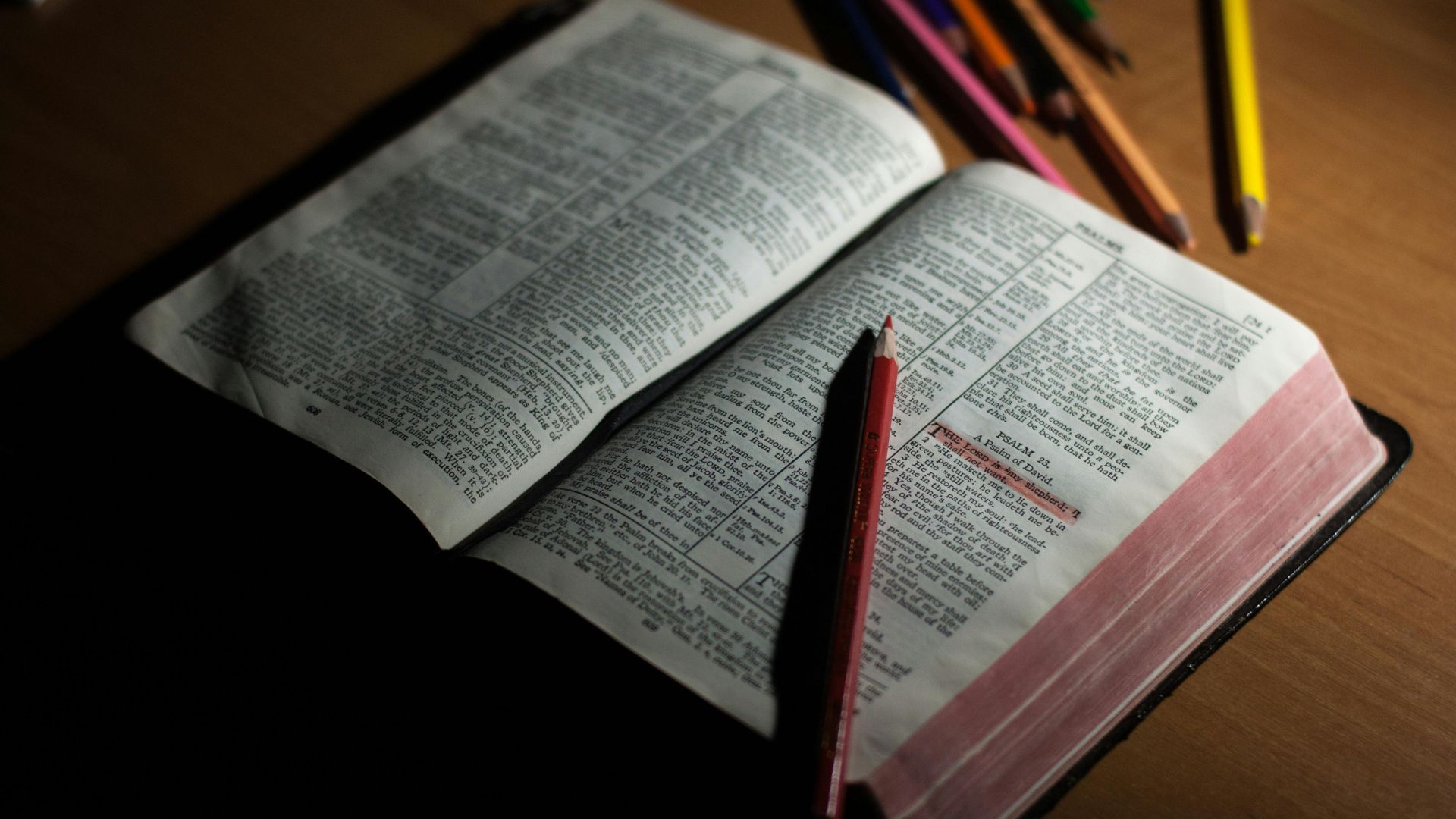
Recently, the Oklahoma Supreme Court has even ruled on one of these religious cases — and has sided against the state.
This case revolved around the Oklahoma government allowing a religious institution to become a charter school and receive public funds. This school would’ve been the first publicly funded religious charter school in American history. However, the Oklahoma high court overwhelmingly ruled that this charter school could not happen, as it was unconstitutional.
Supreme Court Precedent
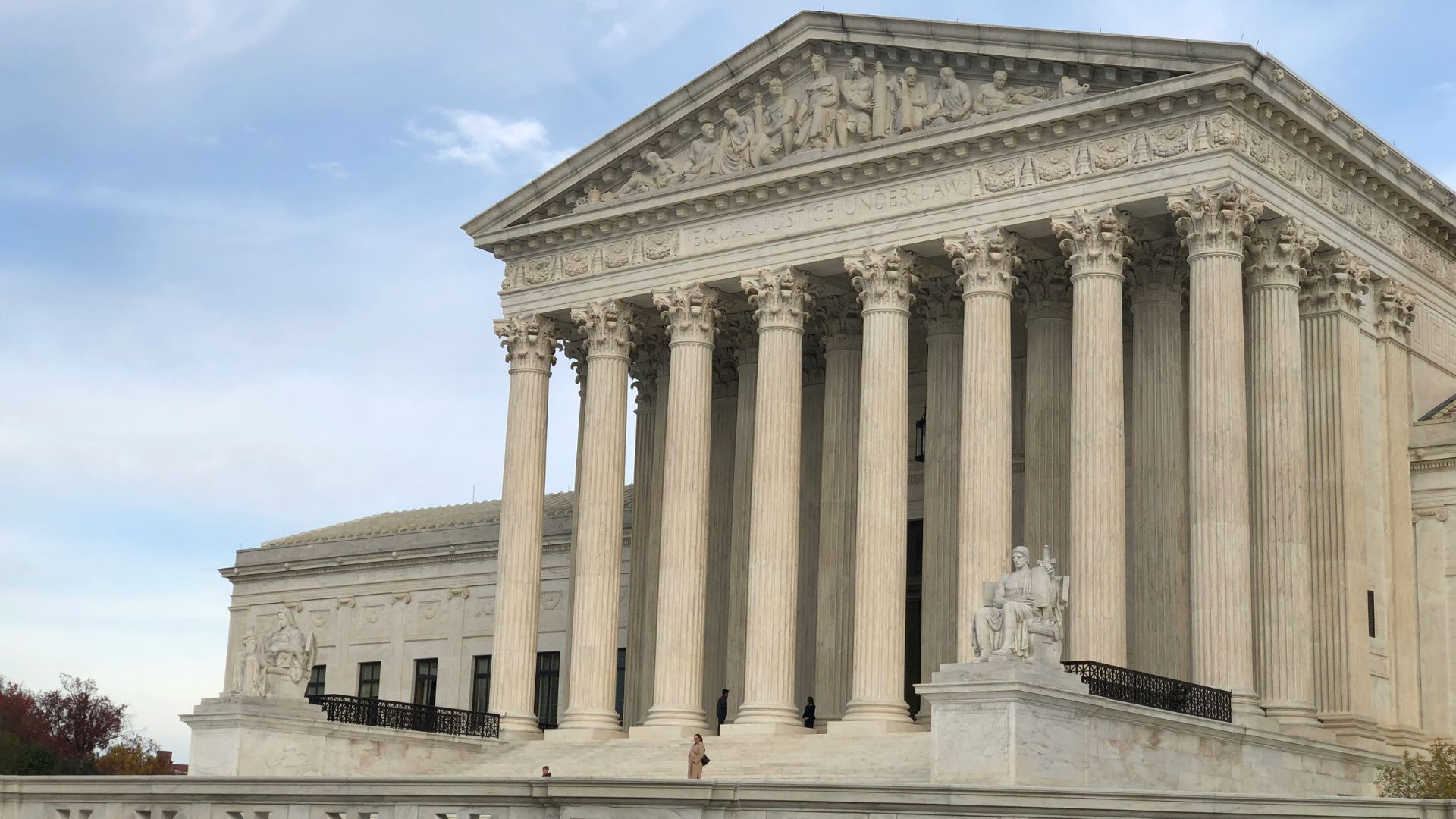
Many critics of these conservative Christian moves have cited that the Supreme Court has already sided in cases like these in the past. The lawsuit against Louisiana even explained that this law completely goes against Supreme Court precedent.
In 1980, the Supreme Court decided that a Kentucky law that forced public school classrooms to have a Ten Commandment poster was unconstitutional.
Reading the Bible in Public Schools
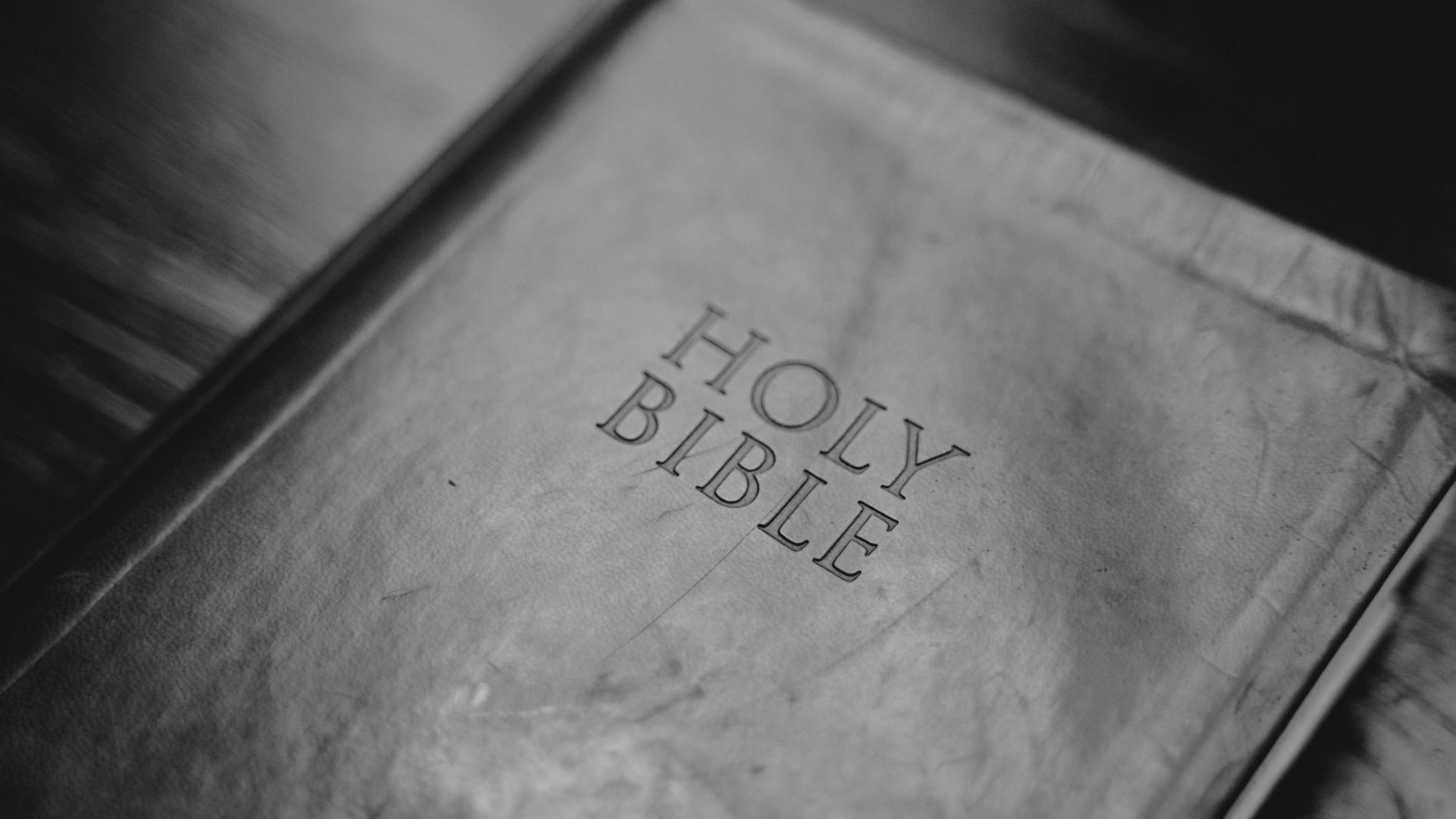
Other Supreme Court cases have also already decided other controversial Republican moves. For example, in 1963 the court took on a case that had public schools mandating that the Bible be read in classes.
In this ruling, the Supreme Court decided that this Pennsylvania program violated the Constitution, as they couldn’t force Bible reading in schools.
A New Conservative Majority Supreme Court
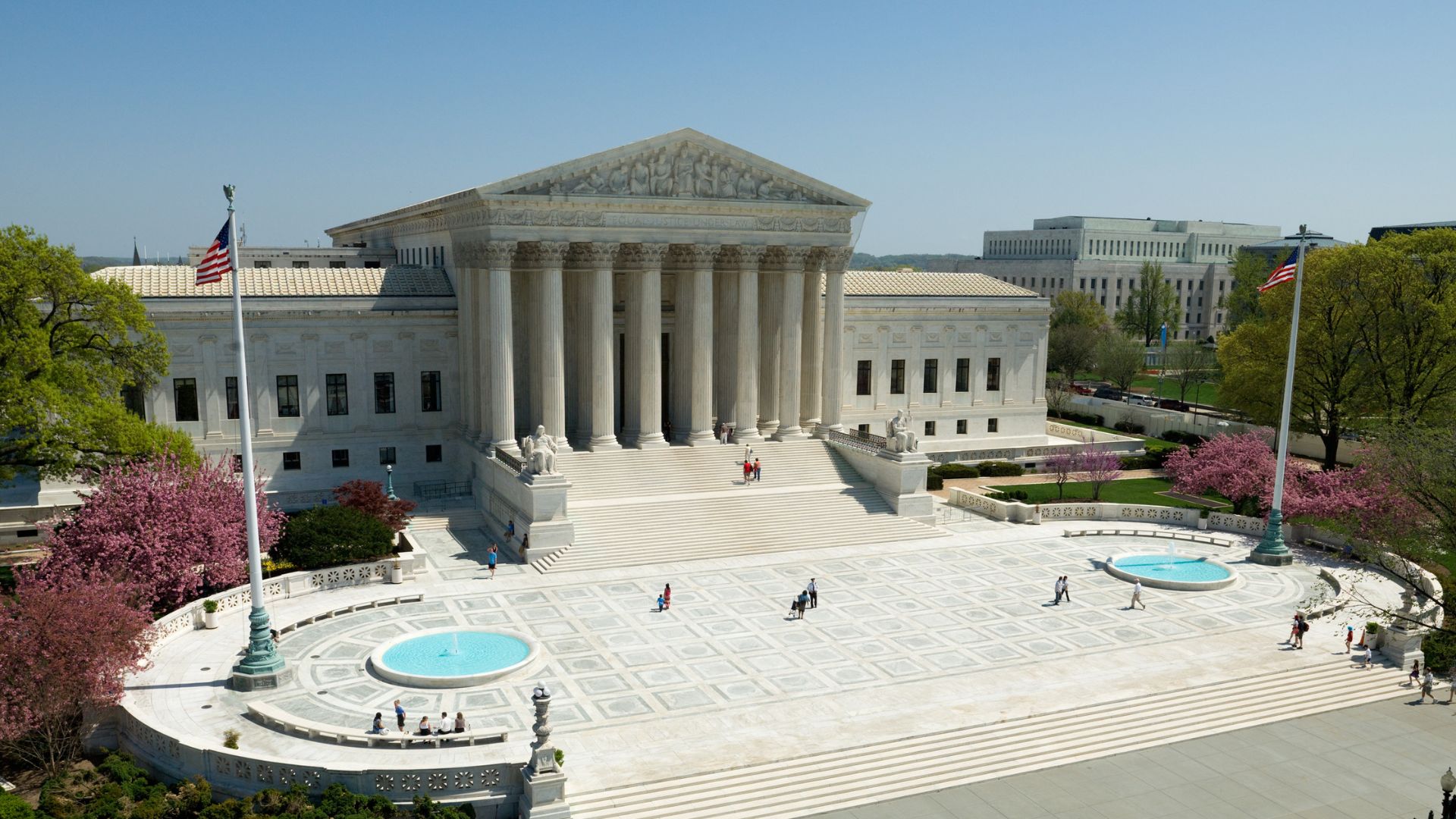
Even though these cases have already been decided back in American history, some are worried that this new conservative majority Supreme Court could decide to change historical precedent.
Recent rulings by the court seemingly confirm this worry, as many justices haven’t continued to go by decades-long precedent.
Controversial Justices
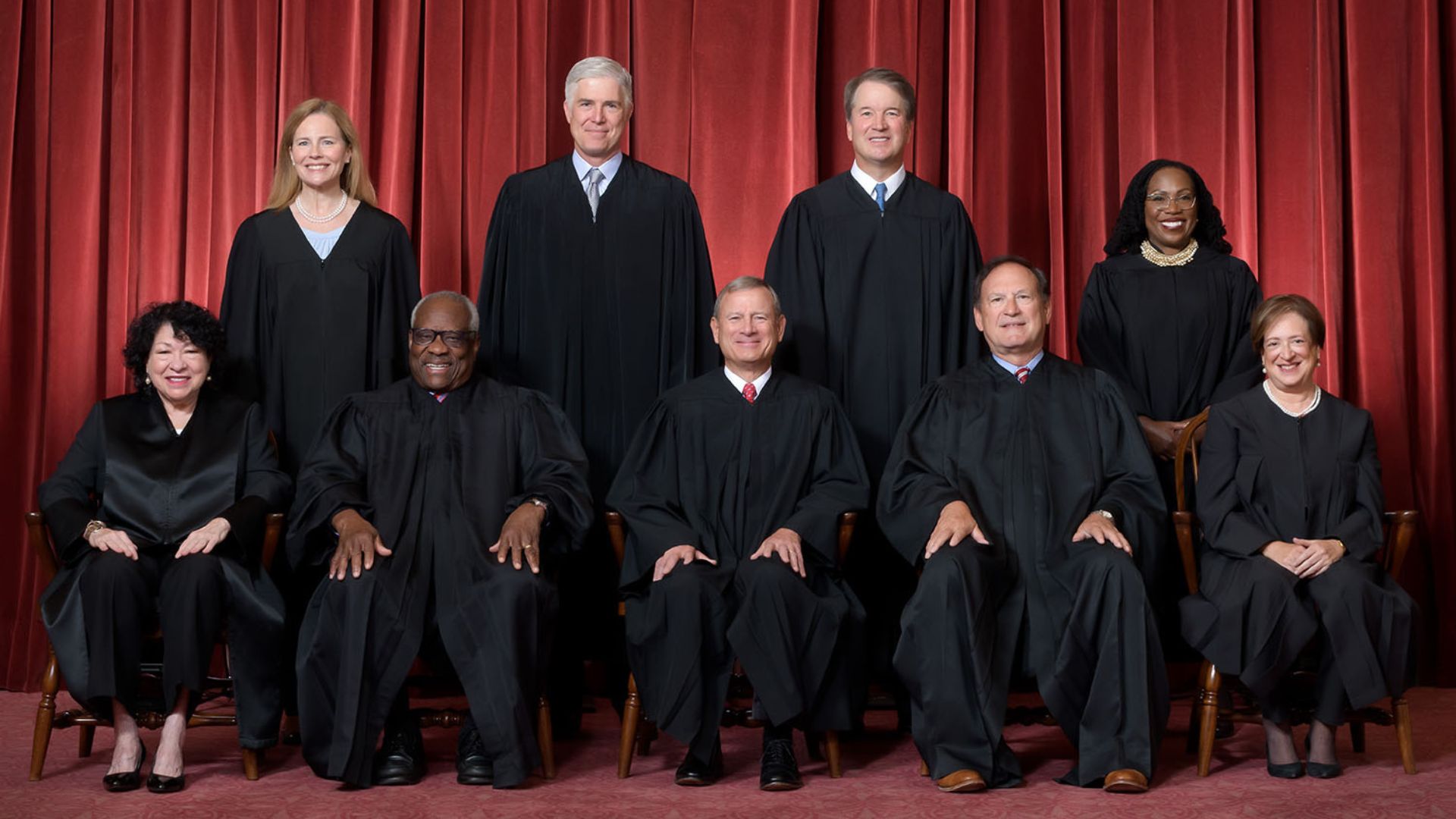
Meanwhile, many detractors have even gone so far as to claim that some of these conservative justices have desired to further push a Christian agenda.
This claim hasn’t gone away, especially after Justice Samuel Alito was seen to agree with pushing Christian values on the rest of America in leaked audio.
A Push for Christian Authority?
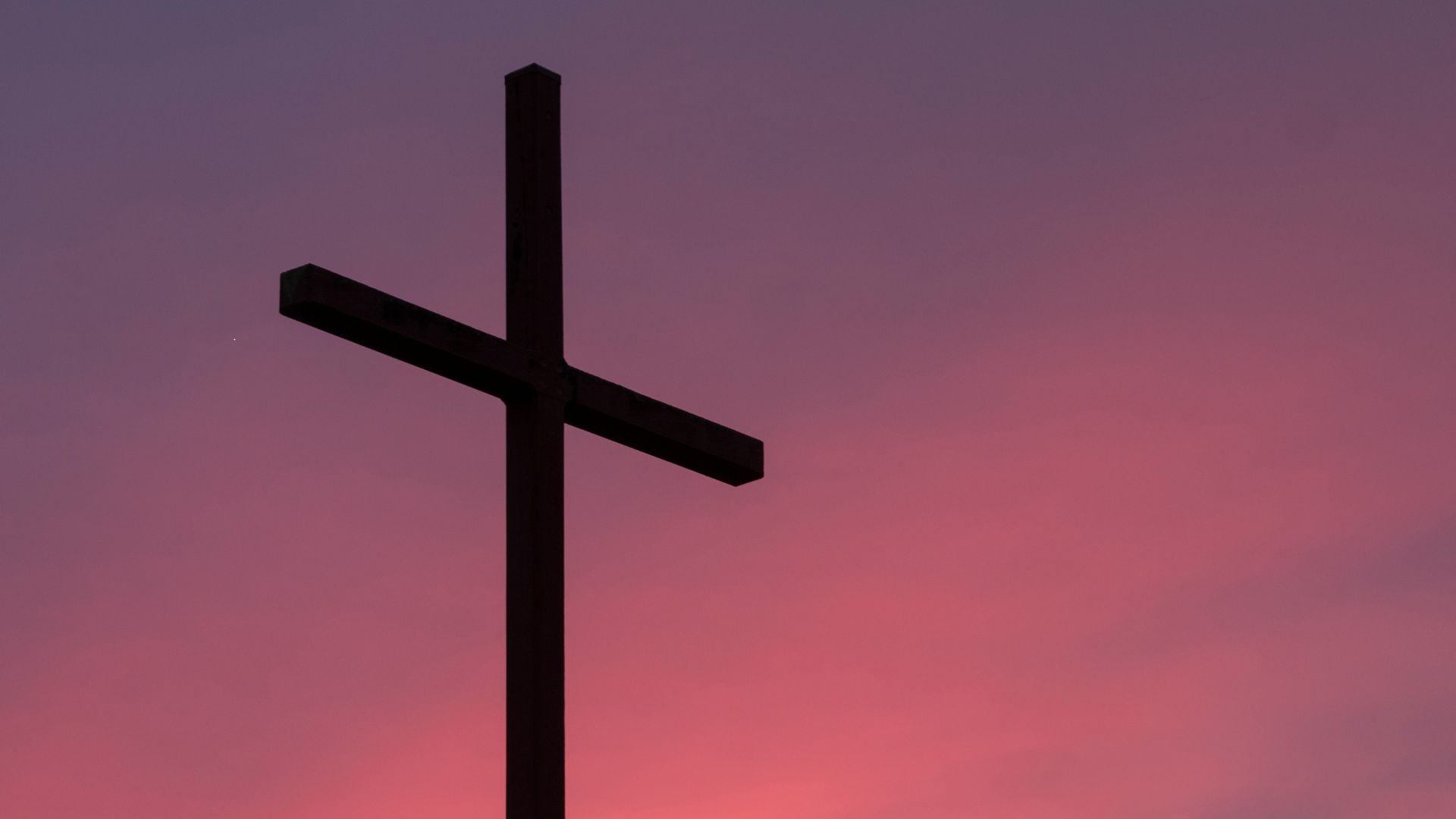
This latest change in the United States shows that some conservative Christians have decided to push for Christian authority in public institutions, regardless of past precedent and the fact that the country was founded on the law of separating church and state.
Therefore, these legal cases will likely continue — and most believe they will once again end up at the Supreme Court.
